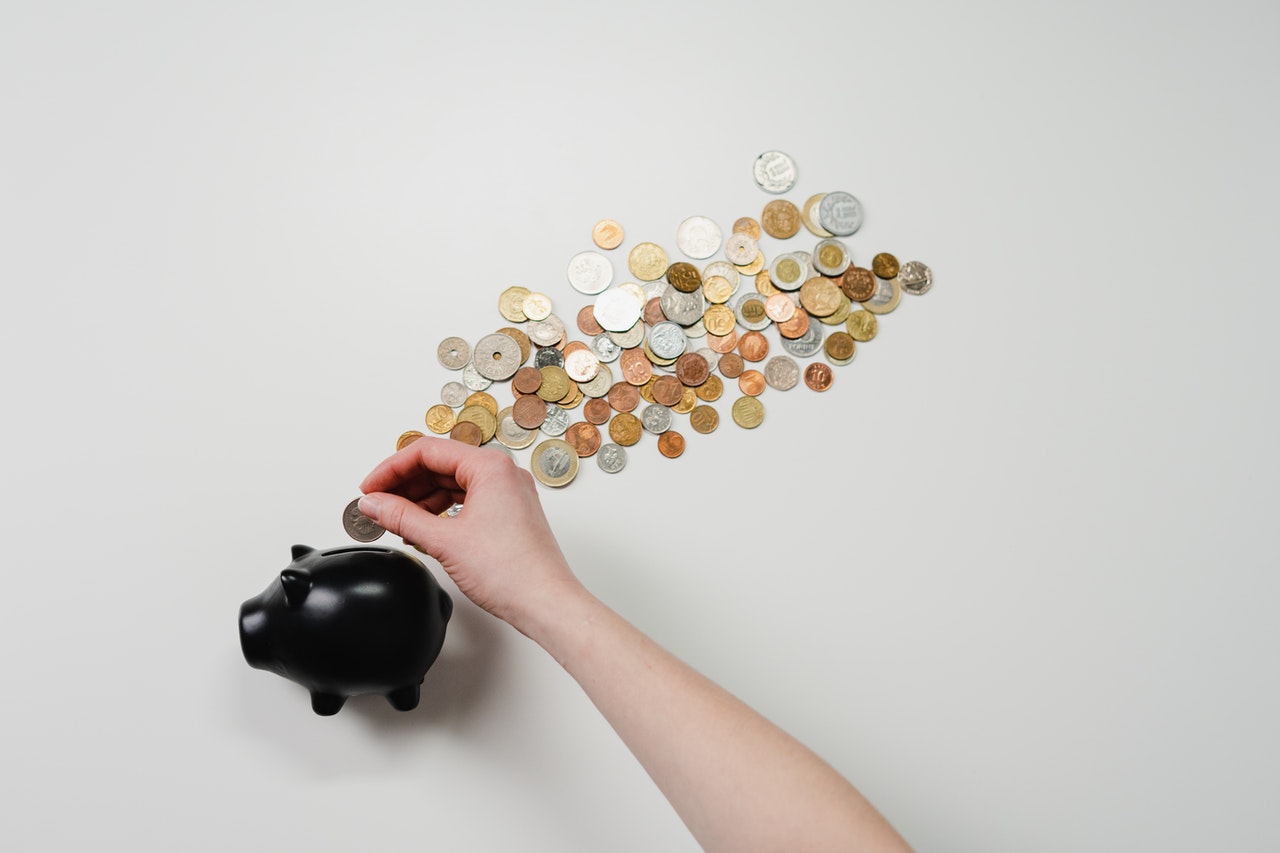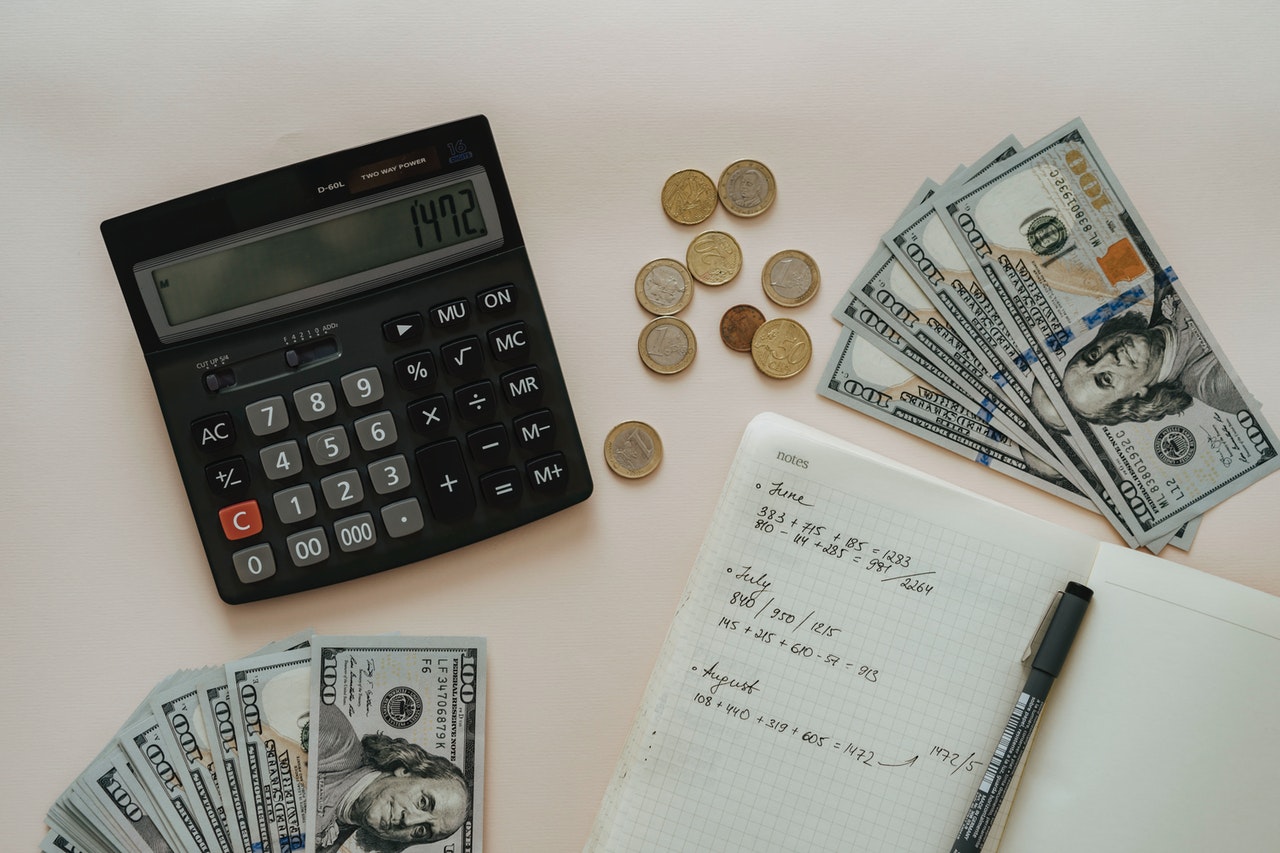We’d all like to reduce our monthly spending. The problem is that saving money often involves doing extra work or making sacrifices. As a result, many of us put off money-saving tasks. Below are just 6 money-saving tasks that you could be putting off (and why not could be time to put these tasks into action).
Cancelling that unused subscription
Are you paying for a subscription that you barely ever get use out of? Perhaps you’re paying for channels on your TV that you never watch? Or maybe you barely ever go to the gym and yet continue to pay their subscription? Cancelling subscriptions to things you don’t use could be a great way to save some money each month – you’ll be spending less and you won’t even feel like you’re missing anything. Many companies make it fairly easy to cancel subscriptions nowadays. Even if you have to ring someone up, it’s worth it.
Shopping for new energy providers
Switching energy providers could allow you to save a lot of money. There could be electricity deals out there that are much cheaper than what you’re currently paying. A lot of people don’t make the switch because it can be a lot of hassle, but for a few minutes on the phone you could make huge savings. Take the time to compare deals that are out there so that you’re able to save as much money as possible.
Invest in home eco-upgrades
Getting insulation installed on your home or fitting LEDs may not seem like the most exciting form of home improvement, but it’s worth it. If you plan to stay at the same home for several years, you’ll eventually pay back the costs of these improvements and then make a hefty return. Although you’ll have spent money on a home upgrade, your home bills afterwards could be a lot cheaper.
Paying off debts early
In many cases, it makes sense to pay off your debts early. The longer you take to pay back a debt, the more expensive it can get as interest rates are often much higher for long-term loans. By focusing on paying off your debts now, you can reduce interest fees in the long run. Consider contributing a little bit more than the minimum debt repayment each time.
Starting an emergency savings account
An emergency savings account is a savings account dedicated to paying for emergency costs. By having savings to dip into in the event of an emergency, you can avoid the need to take out a loan in the future. This could save you a lot of money in interest fees in the long run. Nowadays, you can set up savings accounts online at some banks, making there no reason to keep putting it off. You can then automatically feed money into it each month.
Quitting that expensive bad habit
Many of us have bad habits that are very expensive. This includes habits like smoking and gambling. Consider whether it’s finally time to give up these bad habits. You could save yourself huge amounts of money by no longer snacking or giving up cigarettes. Quitting bad habits can be hard but you should try to use the money gained as an incentive.


